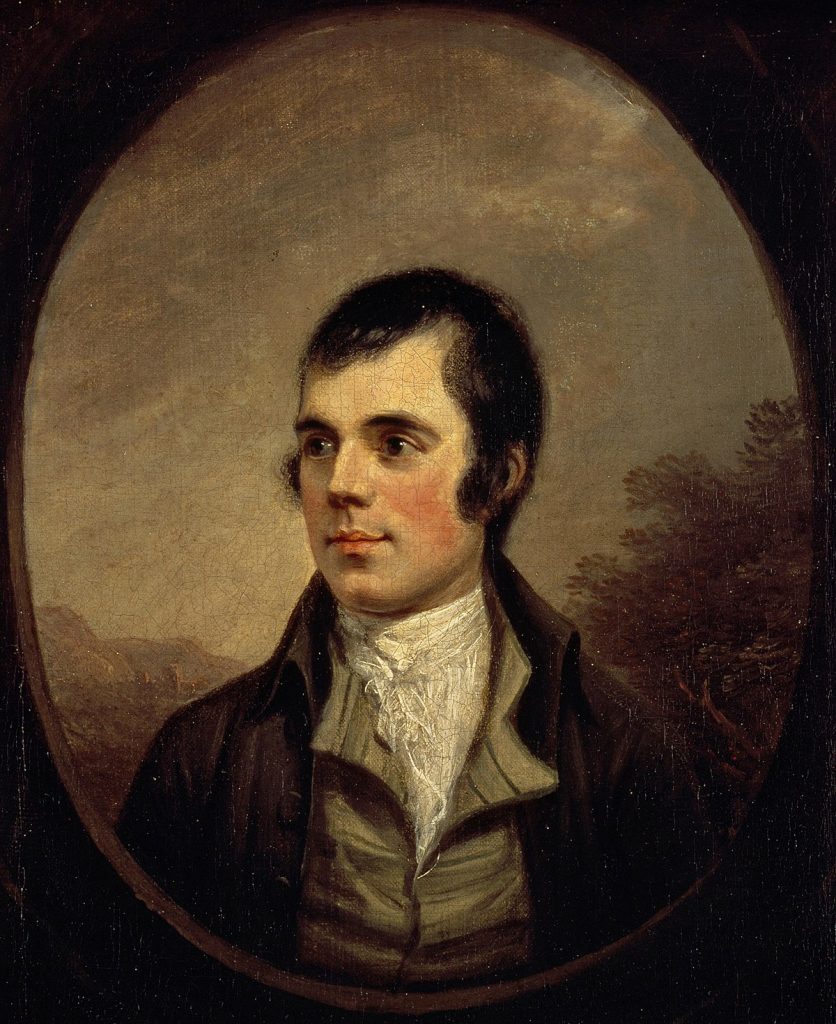by Daniel Hathaway
Today at 3 pm in Gamble Auditorium, the Baldwin Wallace Bach Festival presents Troubling Voices in Bach’s St. John Passion, a lecture by Michael Marissen, professor emeritus at Swarthmore College, and at 7:30 pm, the Canton Symphony’s Divergent Sounds Series hosts Anya Van Rose at The Auricle.
Not happening tonight: a concert by the new music collective The Third Law at the Bop Stop, canceled due to illness.
For details, visit our Concert Listings.
TODAY’S ALMANAC:
by Jarrett Hoffman
Let’s begin by celebrating the birth on this date in 1913 of Polish composer Witold Lutosławski (pictured above), whose highly respected music — some of which still sounds very fresh — might nevertheless be a bit vague in the minds of many listeners. Perhaps that’s because he’s difficult to summarize. He employed several different techniques of composition over the course of his career, from the use of folk elements to twelve-tone serialism and aleatoric processes.
Have a listen to his first work that involved those elements of chance, the highly experimental Jeux vénitiens (“Venetian Games”), heard here in a performance by the Polish Radio National Symphony Orchestra under the baton of the composer himself.
Before the premiere of the full version in 1961, Lutosławski wrote about the appeal of aleatoricism with regard to “the loosening of time relationships between sounds.” He noted “the possibility of enormous enrichment of the rhythmic side of music without increasing performing difficulty,” adding that the technique opens up “a way of realizing a number of sound visions which would otherwise remain forever in the realm of my imagination.”
However, he wrote that he was not interested in taking aleatoricism to its furthest extent, “for example, the elevation of chance to the status of…determining the basics of the composition, or taking the listener — and even the composer himself — by surprise with another unforeseeable version of performing a piece. In my work the composer remains the driving factor, and the introduction of chance in a strictly pre-defined manner is just a way and not a means in itself.” Read his full statement here from the Polish artistic database Culture.pl.
In 2021, The Washington Post featured the “class of 21 for ‘21” — a list of composers and performers at different stages of their careers, representing “an array of approaches, identities, experiences and, most of all, exciting ways of imagining what our future together sounds like.”
Take a moment or two to read the article and familiarize yourself with the widely varied music of Timo Andres, Balmorhea, Christopher Cerrone, Viet Cuong, Flannery Cunningham, Reena Esmail, Adeliia Faizullina, Inti Figgis-Vizueta, Randall Goosby, Jiji, Pekka Kuusisto, Yaz Lancaster, Angélica Negrón, Niloufar Nourbakhsh, Mary Prescott, Dan Shore, Nadia Sirota, Derrick Spiva Jr., Darian Donovan Thomas, Davóne Tines, and Wang Lu.

Some Folk hae meat that canna eat,
And some can eat that want it;
But we hae meat, and we can eat,
So let the Lord be Thanket!
Have you ever addressed the main course of your meal with the reading of a poem in its honor? If so, you’ll be ready for the recitation of Burns’ poem To a haggis, which welcomes, as Britannica describes the national dish of Scotland,
a type of pudding composed of the liver, heart, and lungs of a sheep (or other animal), minced and mixed with beef or mutton suet and oatmeal and seasoned with onion, cayenne pepper, and other spices…packed into a sheep’s stomach and boiled.
Bon appetit!




